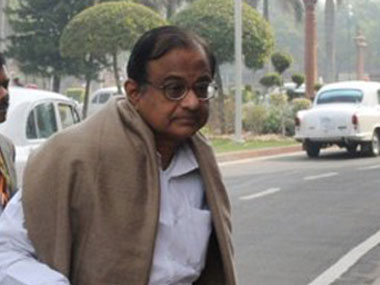Chidambaram Asks Security Forces to Deal With Right-Wing Terror Groups ‘Sternly and Fearlessly’
Tarique Anwar, BeyondHeadlines New Delhi: Union Home Minister P Chidambaram yesterday said…
Beyond the Politics of Ban
Is banning organisations a solution, asks Mahtab Alam With voluntary confessions by…


